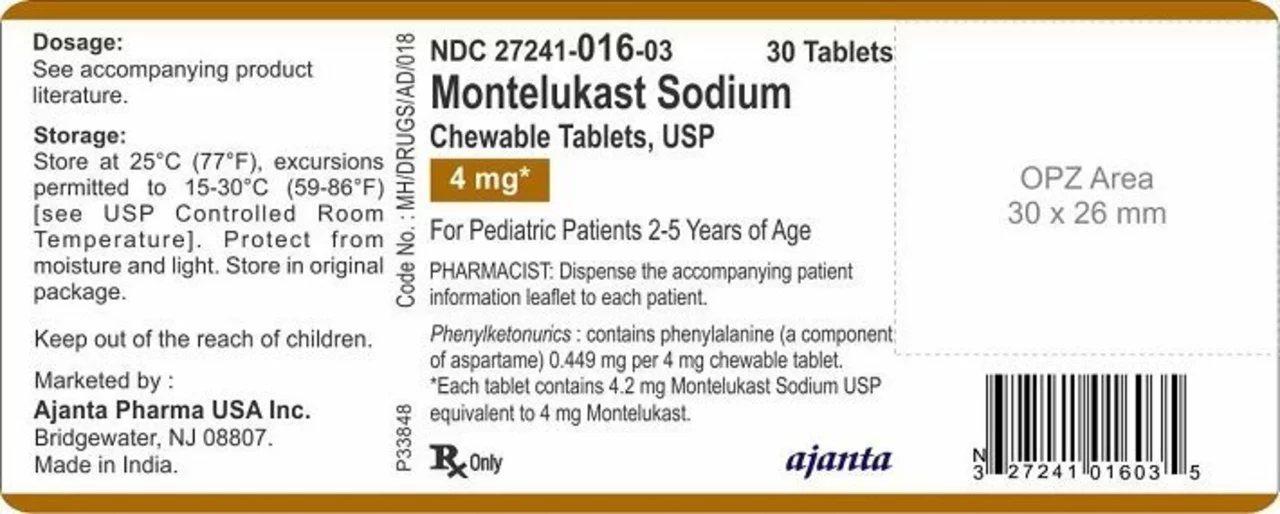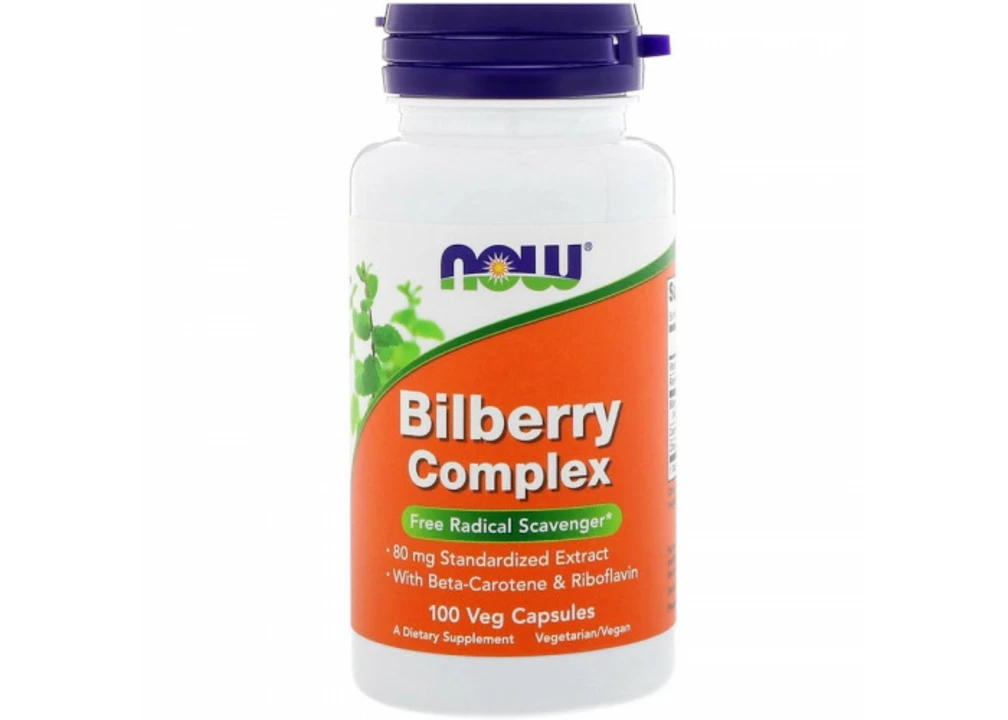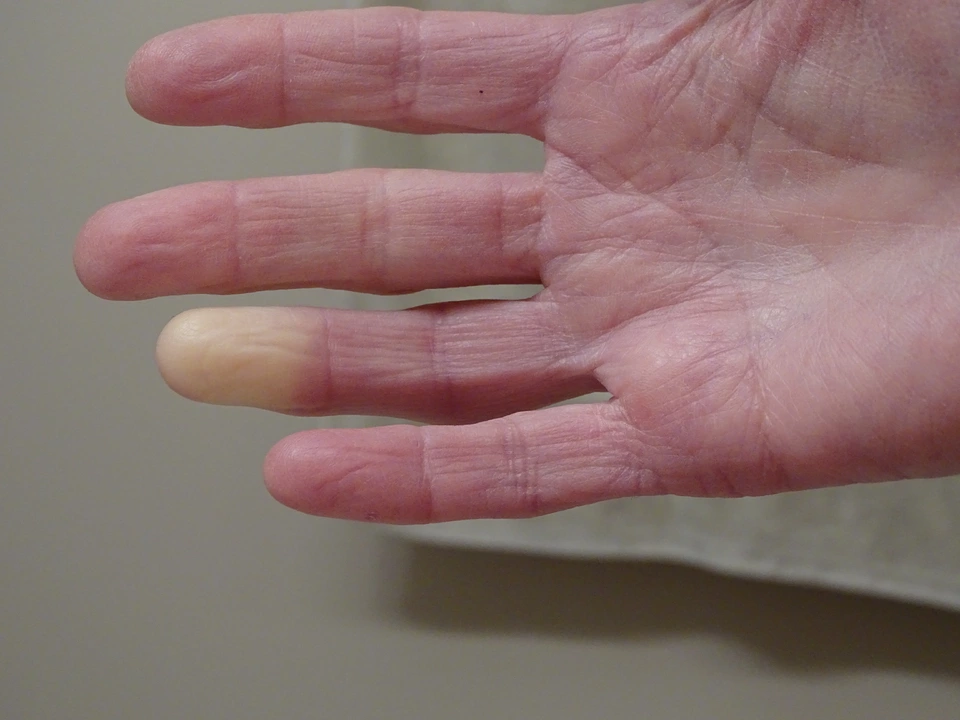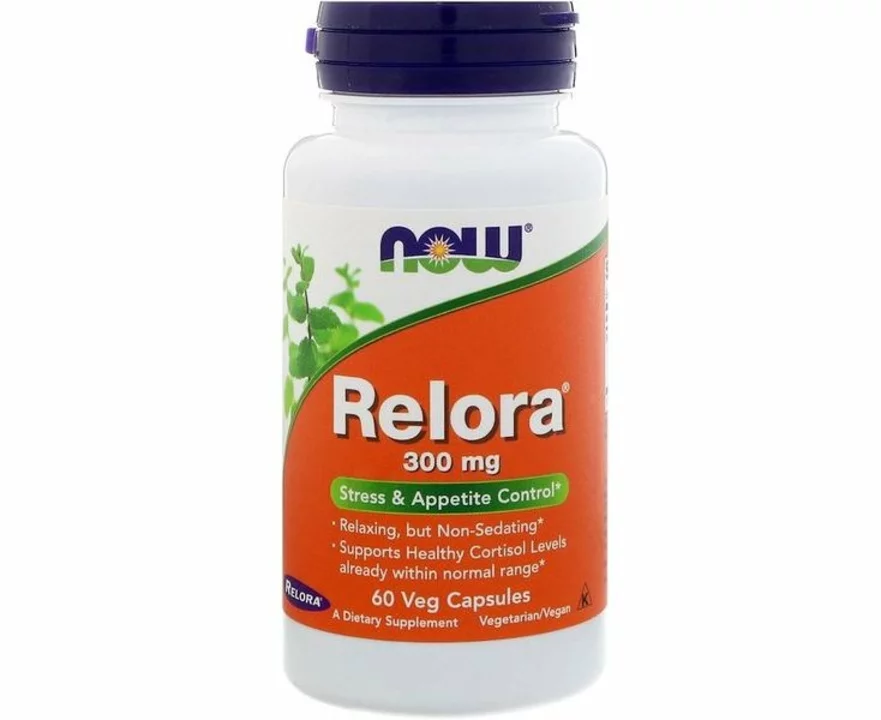May 2023 — Medication & Supplement Guides
This month we published practical, patient-focused posts on prescription drugs, natural supplements, and simple therapies. You’ll find clear safety points, common side effects to watch for, and quick tips for talking with your doctor.
Top takeaways from May 2023
Cancer care: Ribociclib is a targeted option for hormone receptor positive breast cancer. Key things to watch are blood counts, liver tests, and heart rhythm. Ask your team how often they’ll monitor labs and what signs should make you call them right away.
Kids’ meds: Montelukast is commonly used for asthma and allergies in children one year and older. Stick to the prescribed dose, keep a symptom diary, and report behavior or mood changes to the prescriber quickly.
Supplements: We covered Heart's Ease, Red-Spur Valerian, Blue Cohosh, and herbal options for functional dyspepsia. Natural doesn’t mean risk-free. Check for interactions with your prescriptions, start low, and track any changes you notice.
Women’s health: Misoprostol appears in emergencies and in controlled medical care; it can be life-saving but dangerous if misused. Research around drospirenone and birth outcomes is mixed, so weigh risks with your clinician when picking birth control.
Circulation and nerve issues: Some posts looked at atorvastatin for Raynaud’s phenomenon. A few reports suggest it may help blood flow, but it’s not a standard fix. Discuss benefits and side effects before trying it.
Pain and recovery: For tendonitis, cold reduces swelling right after injury, while heat eases chronic tightness. A simple rule: cold for the first 48 to 72 hours, then heat when stiffness becomes the main problem.
Infections and safety: Moxifloxacin can treat skin and soft tissue infections, but fluoroquinolones have known risks and resistance concerns. Use antibiotics that match the infection and follow the full prescribed course.
Neurology and side effects: Flunarizine can help migraines and vertigo but may cause drowsiness, weight gain, or movement symptoms in some people. If new problems start after a drug change, contact your prescriber.
What you can do now
- Keep a clear list of medicines and supplements and share it with every provider you see.
- Ask what monitoring is needed: which tests, how often, and what symptoms to report immediately.
- Don’t start or stop meds or supplements on your own. Use these posts as a checklist for questions to bring to appointments.
- If a child takes montelukast or anyone develops new mood or movement symptoms, contact the prescriber without delay.
This archive month focused on safety and everyday decisions. Use the articles here to guide conversations with your healthcare team and to make clearer, safer choices about treatments and supplements.








